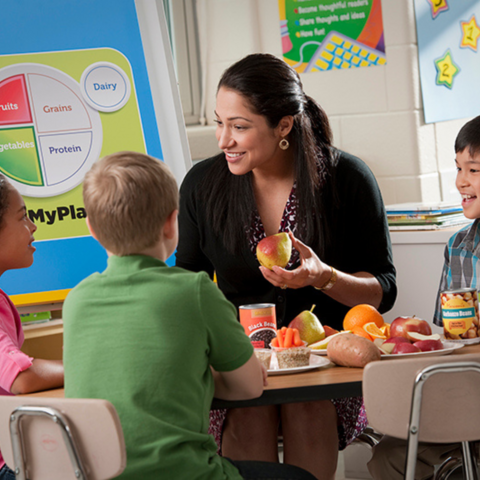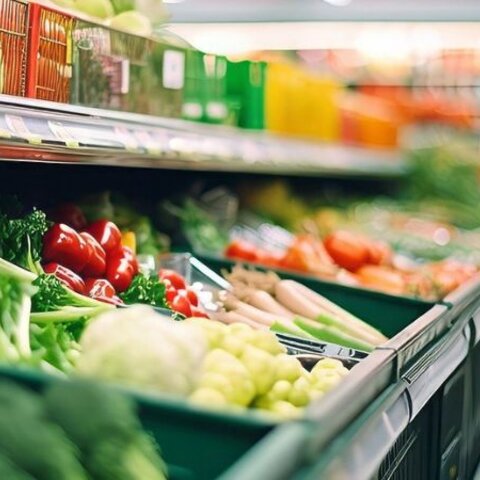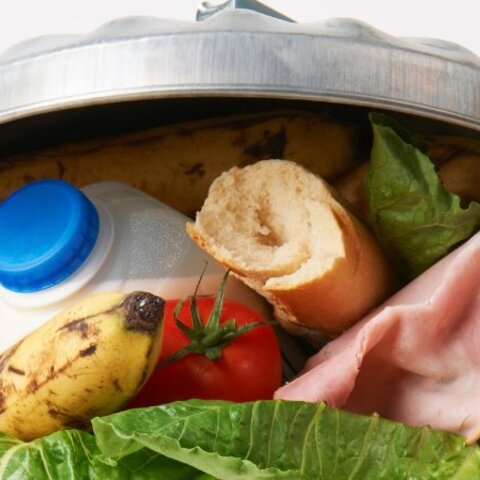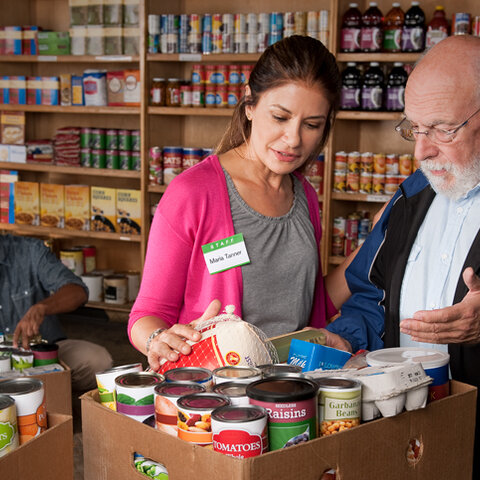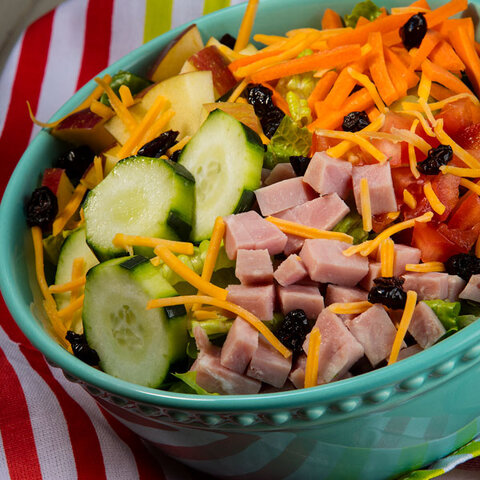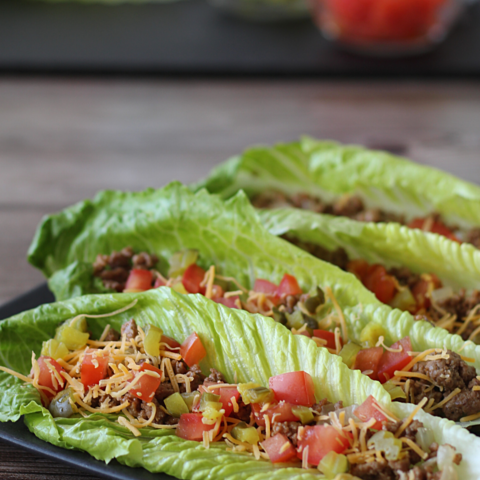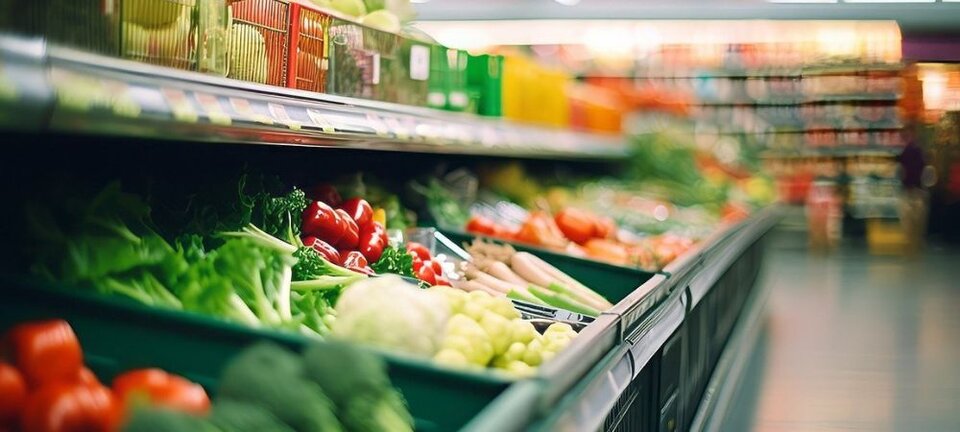
We can minimize food waste and cut costs by being savvy shoppers at the grocery store. For instance, enticing store promotions may lure us into buying more food than we can realistically consume, leading to wasted food and money. Here are some tips to help you 'shop smarter' when purchasing food:
Plan Meals Ahead of Time.
Begin by reviewing the food items you currently have in your refrigerator, freezer, and pantry, then create your meal plan based on those ingredients. Consider the meals you intend to prepare at home, along with any dining out or leftover options. Looking for more information on planning meals? Here are helpful resources:
- The Dish from Nebraska Extension
- Mix and Match Meal Planning Strategy from Nebraska Extension
Create a Grocery List.
A grocery list helps you purchase only what you truly need. Be sure to write down the quantities needed on your list to prevent overbuying. The time invested in making a list is usually less than the time spent making additional trips to the store for forgotten items.
Think About Bulk Purchases.
Buying in bulk can lead to savings, but only if you are able to use the food before it spoils or loses quality. When done wisely, bulk buying can help minimize food waste and reduce packaging. For instance, buying pasta in bulk is an excellent option for families who enjoy it regularly. However, be cautious with perishable items that have a short shelf life such as cottage cheese.
Consider Buying 'Ugly' Fruits and Vegetables.
These often get overlooked at the grocery store. As long as the produce is not bruised or damaged, these imperfect fruits and vegetables are safe to eat and can often be purchased at a lower price. They provide the same nutritional benefits as their 'perfect-looking' counterparts.
Keep Food Safety a Priority.
- Always check labels for "Use-By", "Sell-By", or "Best if Used-By" dates. Not sure what those dates mean? You are not alone. Confusion over date labeling contributes to an estimated 20 percent of consumer food waste. For more details, check out Food Product Dating.
- Store foods at safe temperatures: keep freezers at 0° F or lower and refrigerators at 40° F or lower. Using an appliance thermometer can help maintain these safe temperatures.
- Follow suggested storage times for various foods. Some containers provide recommended time frames for consuming the food after opening. If you are not sure how long to keep a food, check out USDA's FoodKeeper website.
Use Reusable Bags.
Use reusable bags while grocery shopping to help minimize the use of plastic bags. Remember to clean them afterward by following the instructions provided on the bag if available. The American Cleaning Institute has more information and cleaning tips for reusable bags.
Sources:
Meal Planning, MyPlate, United States Department of Agriculture (USDA)
Tips to Reduce Food Waste, U.S. Food and Drug Administration (FDA)
Food Product Dating, Food Safety and Inspection Service (FSIS), United States Department of Agriculture (USDA)
This article was written in 2024 by Miranda Lozoya, Professional Student of Dietetics, University of Nebraska-Lincoln.
Tags:
